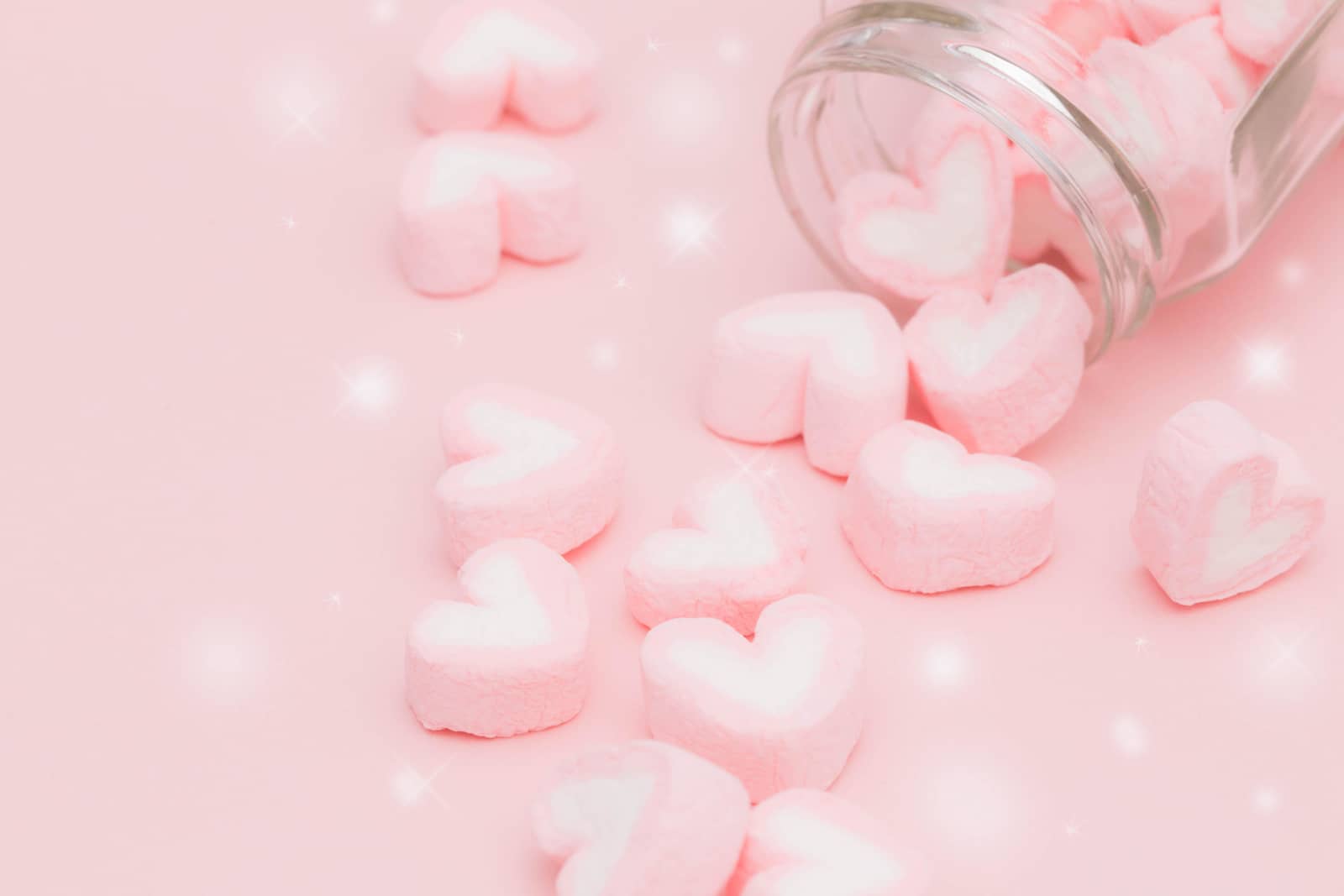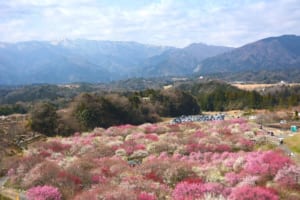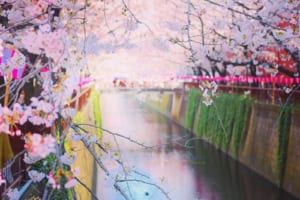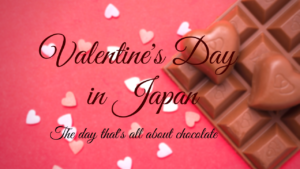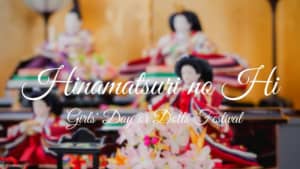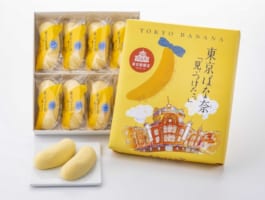White Day in Japan
The Answer to Valentine's Day
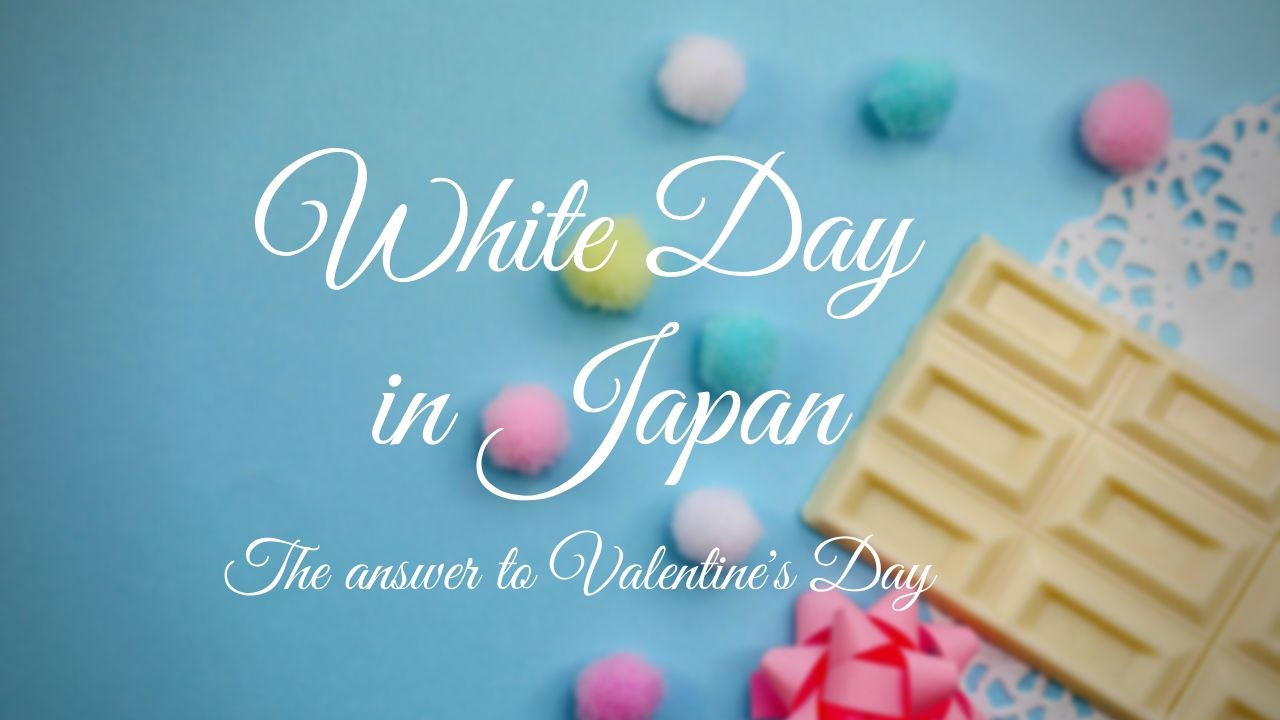
Previously I explained how Valentine’s Day is celebrated in Japan. For those who haven’t read that article I recommend reading it before continuing with this article because both celebrations are connected and you cannot understand White Day without knowing how the Valentine’s Day is celebrated in Japan. But in summary, Valentine’s Day in Japan only gives chocolate, and are the girls who give it to the boys. And those of you who have read the article of Valentine may remember that we advance you that the boys have their day to give chocolate just a month later, on White Day (ホワイトデー).
What is the White Day?
As I explained in the article I mentioned above, on Valentine’s Day the girls not only give chocolate to their partners, but also to their coworkers or classmates, their friends, etc. It is what is known as guiri-choco or “obligation chocolate”. On White Day, men must return gifts to all women who received chocolate on Valentine’s Day. Tradition says that the gift has to cost triple (or at least double) the value of the chocolate they received on Valentine’s Day. This fact of giving something that has a triple value of the original gift is called in Japanese sanbai gaeshi (三倍返し).
For that reason too, you don’t usually give handmade things to coworkers. The main reason is because this type of more elaborate chocolate is reserved for your partner or the person you like. But the second reason is because if you give something handmade, the other person has no way of knowing how much money you have spent to make the gift, and it’s also difficult to calculate the value of something handmade because it has sentimental value too. So you put the other part in a compromise, and in the end they end up buying something much more expensive than they should.
What I explain to you here are the “general rules”, but in my personal opinion, it depends a lot on the relationship you have with your classmates, coworkers or friends. For example, in my first year living in Japan as a student I was in a restaurant and prepared a brownie for everyone. I did it in the restaurant during the break, and since we had a very good relationship and it was a very relaxed atmosphere, nothing happened to do something homemade.
Returning to the White Day, although on Valentine’s Day we made it very clear that this day was ONLY giving away chocolate, on White Day you can give other things, such as flowers or jewelry or even intimate clothes. Of course, these types of personal gifts are only given to your partner or to someone very close. The coworkers are given some chocolate or candy.
If the gift received is of the same value as the one given on Valentine’s Day, the person who receives it tend to think that something doesn’t work in the relationship (especially if it’s your partner).
The origin of White Day
As was the case with the arrival of the celebration of Valentine’s Day in Japan, there’re different versions of how this curious tradition was born in Japan. One of the most widespread is the one which says that this custom began in 1977, when a quick-witted owner of a pastry shop selling marshmallows saw an opportunity to increase their sales and encouraged the boys to return the gift they had received on Valentine’s Day with the marshmallows he sold. It wasn’t difficult to convince them, since in Japan there is what is known as okaeshi (お返し), which means returning the favor or gift that they have given you with another of a value similar to the one you have previously received.
From the marshmallows changed to white chocolate. From 1980, it was decided to do it every year on March 14, just one month after Valentine’s Day.
Admittedly, at the marketing level, the Japanese know well how to sell. Two days dedicated to chocolate and sweets instead of one it’s just brilliant. What do you think?
If you liked this article and want to know more about Japanese culture or Japan in March, don’t miss these articles too!
▽ Related Articles ▽
▼ Editor’s Picks ▼
Written by
From Barcelona to Tokyo. Coffee & Adventure lover.
I started to like Japan because of the anime, music and dramas, but after my first trip to the country I found what I love the most: traveling around, the culture and history. I have travelled a lot in Japan, but I still have many places to discover that I want to share with you. Let’s discover Japan together!
Also, as a foreigner living in Japan for over 6 years I understand what kind of things are difficult when you move here and I want to help other people in the same situation that I have in the past.






